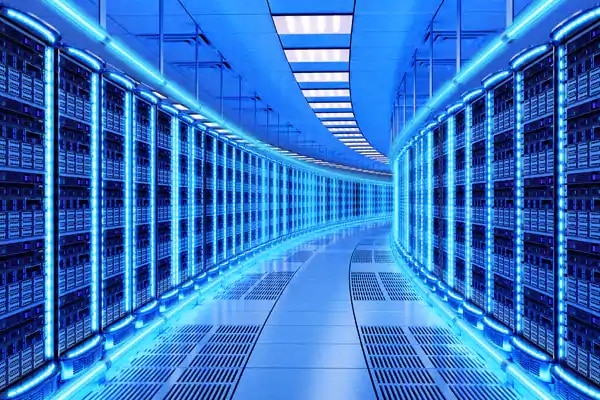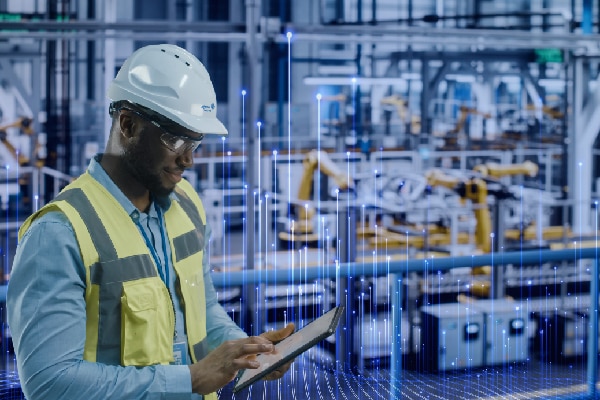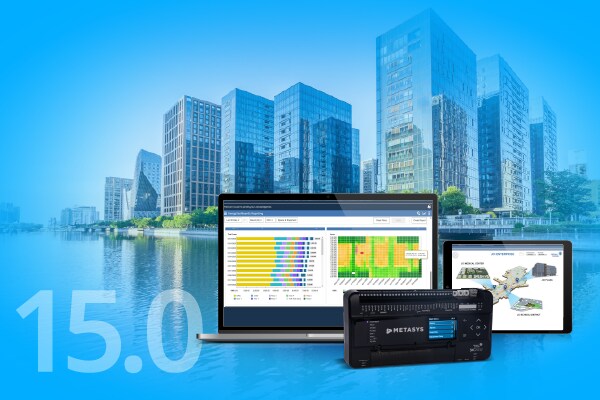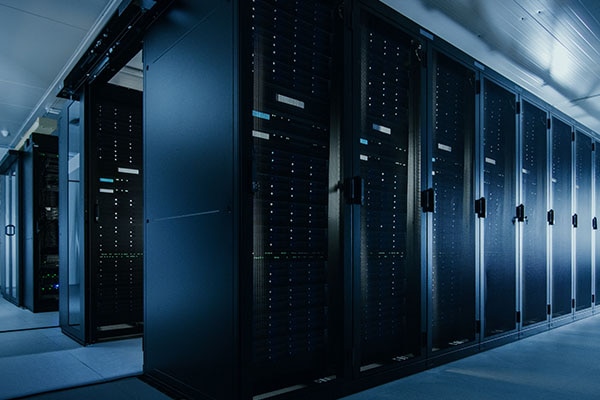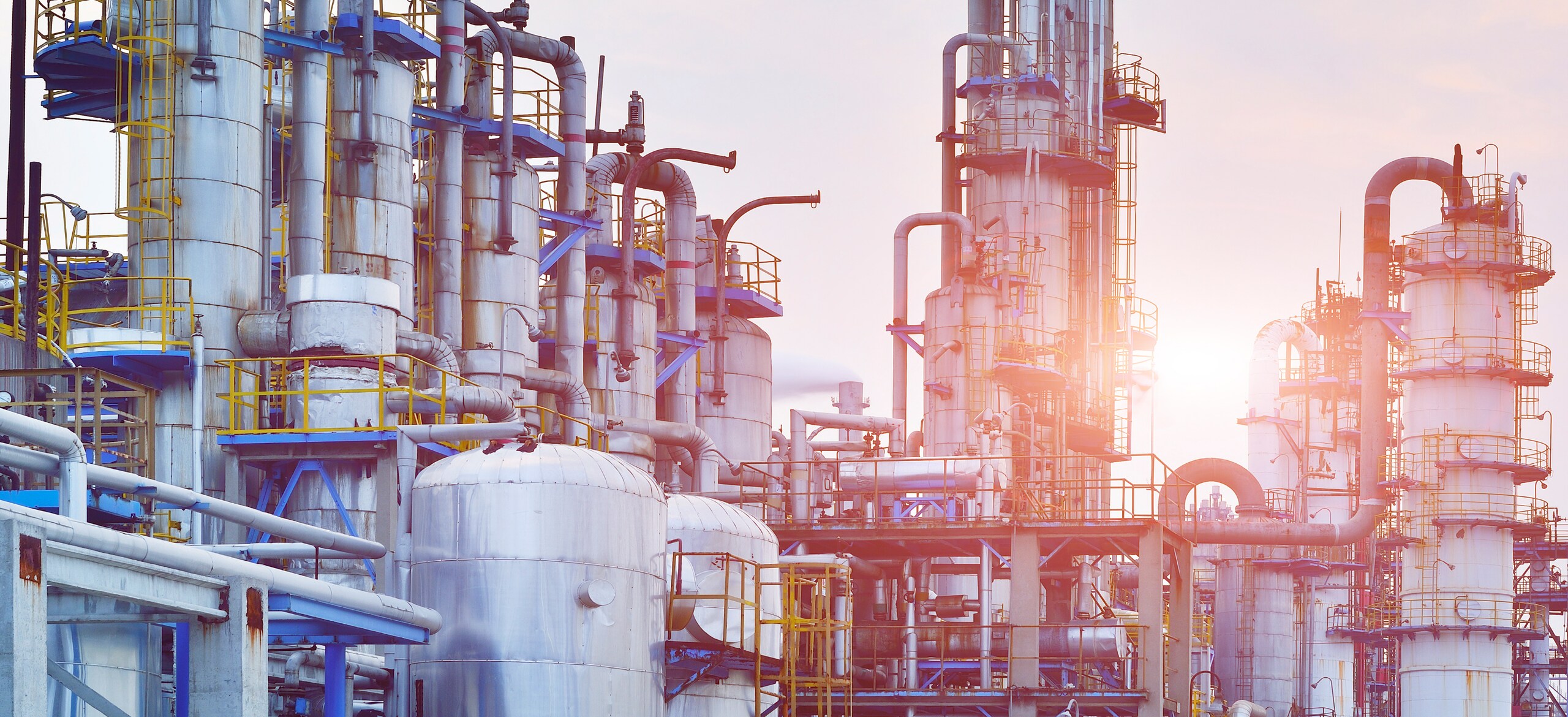A Guide To Industrial Cooling Systems
Industrial cooling systems are essential for maintaining the efficiency and reliability of various industrial processes. These systems are designed to remove heat from industrial processes and equipment to ensure that they operate within safe temperature limits.
There are many ways to implement industrial cooling, with a wide variety of industrial cooling systems that work well for different businesses.
Different Types Of Industrial Cooling Systems
Many different industrial cooling systems are available on the market, each designed to suit specific applications.
1: Air-Cooled Systems
Air-cooled systems use air as the cooling medium to remove heat from industrial processes and equipment. These systems are commonly used in applications where water is scarce or expensive. When the cooling load is relatively low, air-cooled systems are an excellent solution for industrial cooling.
2: Water-Cooled Systems
Water-cooled systems use water as the cooling medium to remove heat from industrial processes and equipment. These systems are commonly used in applications where the cooling load is high or where plenty of water is available to use with the industrial cooling system.
3: Evaporative Cooling Systems
Evaporative cooling systems use water evaporation as part of the industrial cooling system process to remove heat from industrial processes and equipment. These systems are commonly used in applications with high cooling loads and plenty of water available.
Evaporative cooling systems are also preferred in applications where the cooling temperature needs to be tightly controlled.
Components Of Industrial Cooling Systems
Several components work together to form industrial cooling systems, and all parts must be in sync to remove the heat from industrial processes and equipment. The most common components of industrial cooling systems are:
Compressors
Compressors are essential parts of industrial cooling systems and are used to compress the refrigerant gas in the cooling system. By compressing the refrigerant gas, pressure and temperature increase, and the gas then absorbs heat from the industrial process or equipment.
Condensers
Condensers are used to condense the refrigerant gas into a liquid state. By doing this, the heat that is absorbed by the refrigerant gas during the compression process is released.
Expansion Valves
Expansion valves are used to control the flow of refrigerant gas into the evaporator. By controlling the refrigerant gas flow within the industrial cooling system, the expansion valves control the amount of cooling provided by the system.
Evaporators
Evaporators are used to evaporate the refrigerant liquid into a gas state. This process allows heat to be absorbed from the industrial process or equipment, thus providing cooling.
Applications Of Industrial Cooling Systems
Industrial cooling systems are used in various applications across various industries. Some of the most common applications of industrial cooling systems are:
- Data centres
- Chemical processing
- Food processing
- Manufacturing
Maintenance of industrial cooling systems
Once you have an effective industrial cooling system in place, you must maintain the system well so that it keeps your application at the desired temperature. Important maintenance tasks for your industrial cooling system include:
- Cleaning: Remove dirt, debris, and other contaminants once a week.
- Inspection: Regular inspection allows you to find and repair issues proactively.
- Lubrication: Industrial cooling system components should be adequately lubricated regularly so that they operate smoothly.
If you are looking for an industrial cooling system, our experts at Johnson Controls can help you to choose the best system that suits your requirements. Please get in touch using the form below.

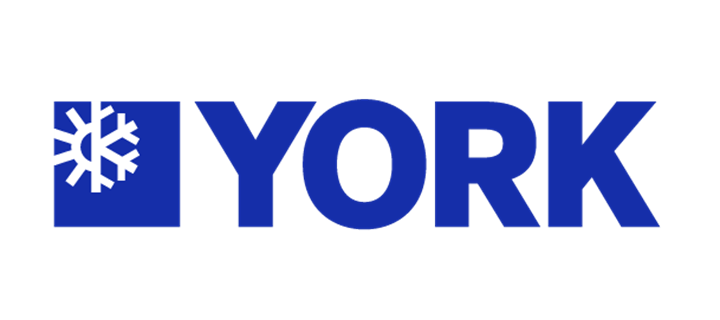

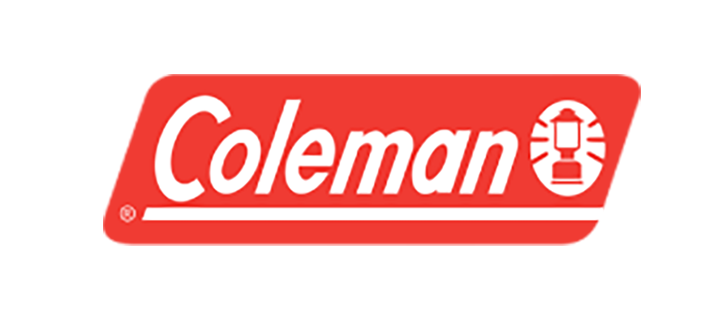

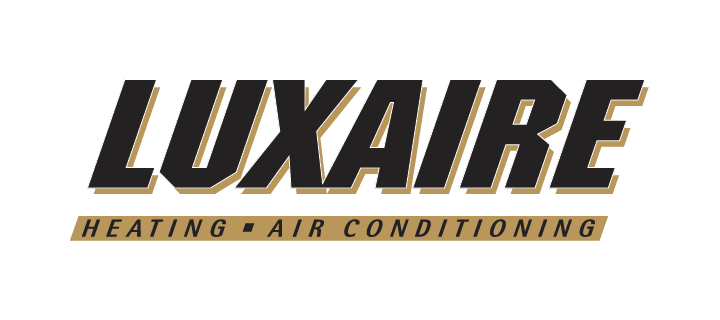



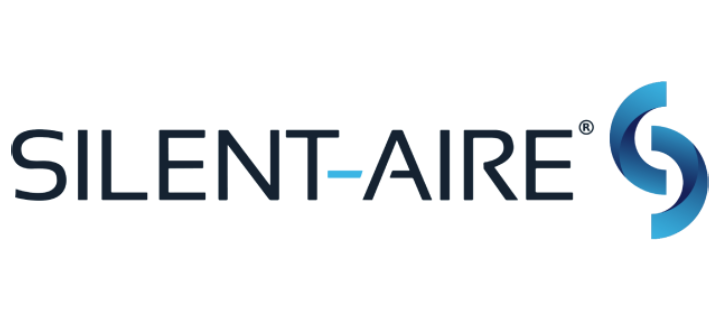
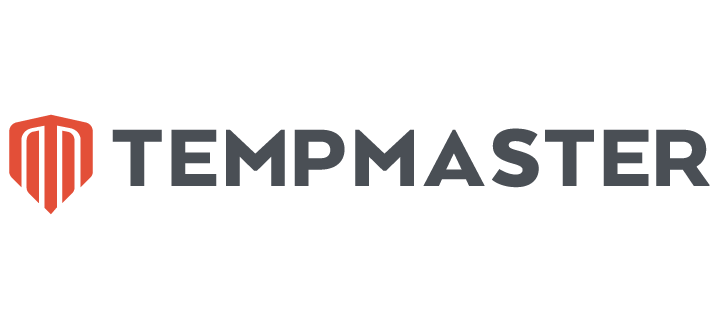

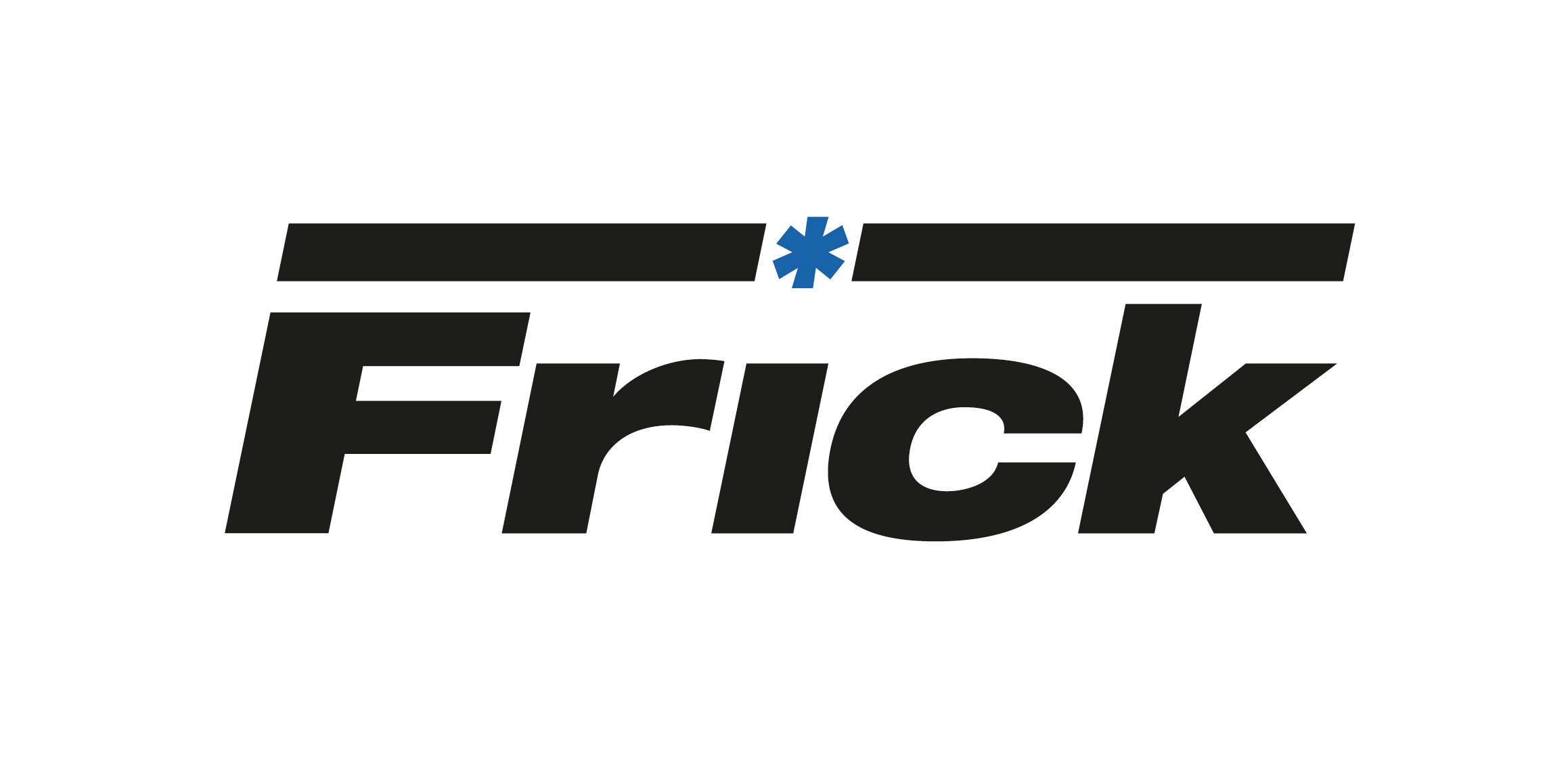
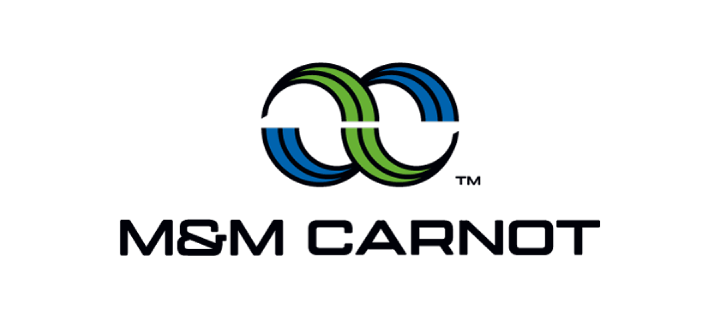
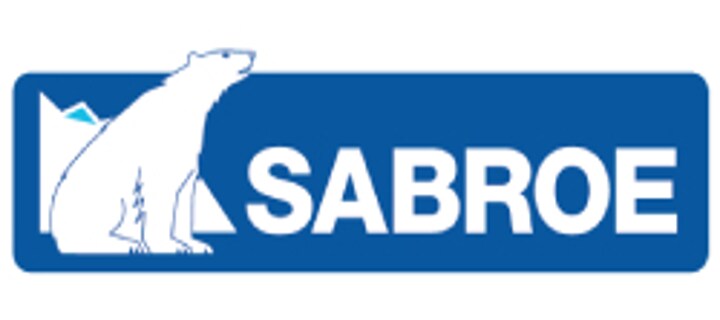

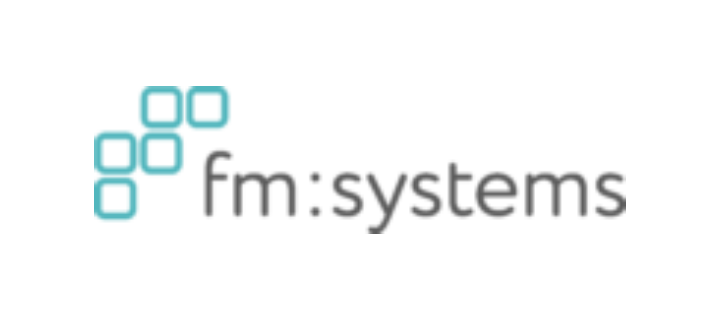



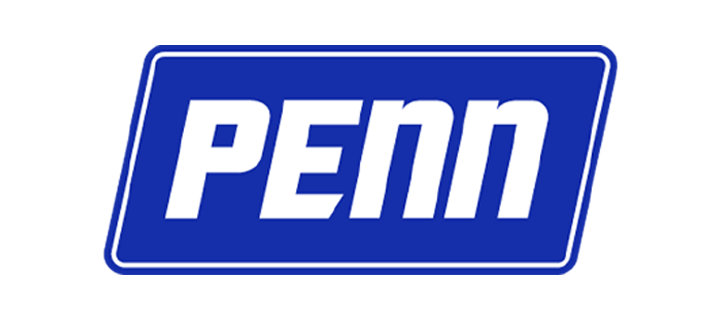

.jpg?la=en&h=320&w=720&hash=244C75B74F0F77521D56164450973BCD)
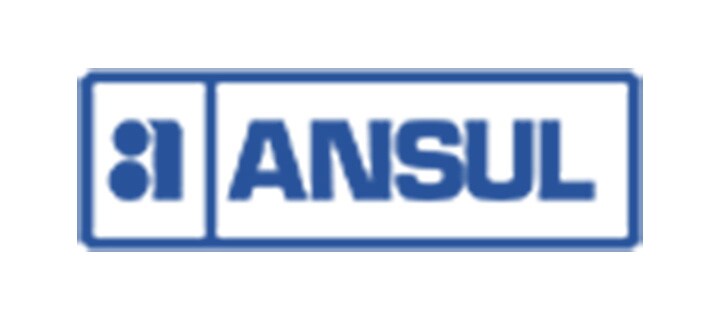
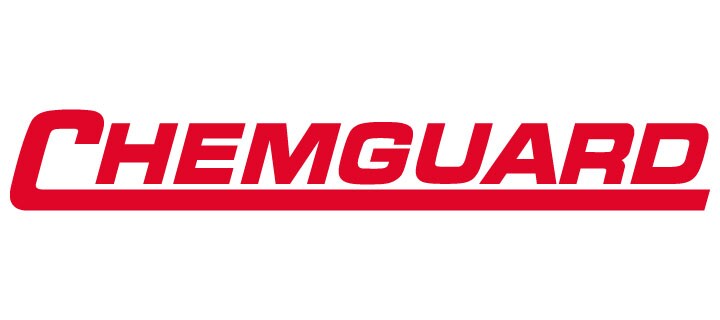
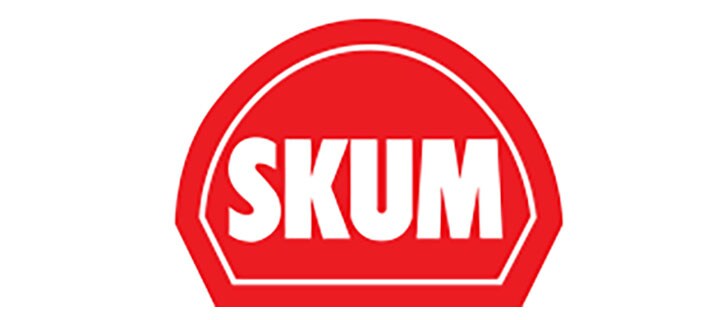


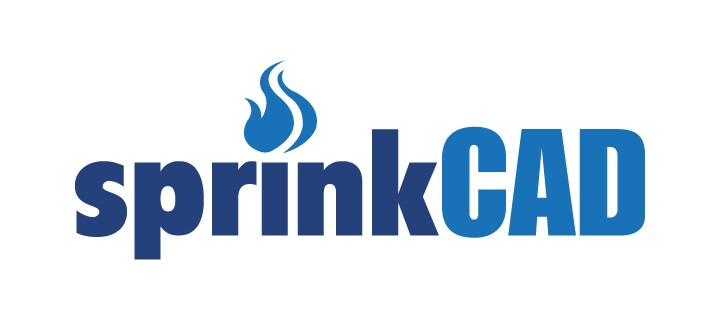
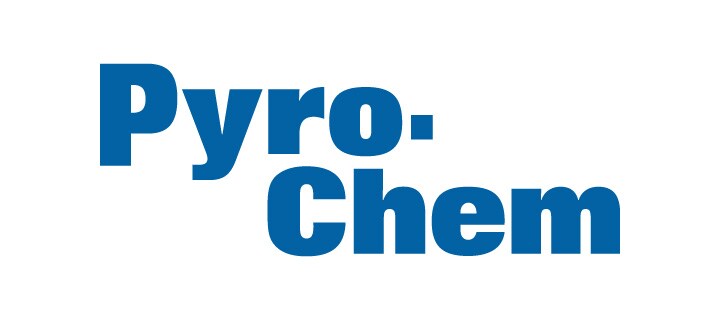







.jpg?la=en&h=310&w=720&hash=8D9823F26AA80B2B75C3E4B2E61770DC)


.jpg?la=en&h=320&w=719&hash=13CA7E4AA3E453809B6726B561F2F4DD)
.jpg?la=en&h=306&w=720&hash=F21A7CD3C49EFBF4D41F00691D09AEAC)

.png?la=en&h=320&w=720&hash=18CFCCD916C92D922F600511FABD775D)






